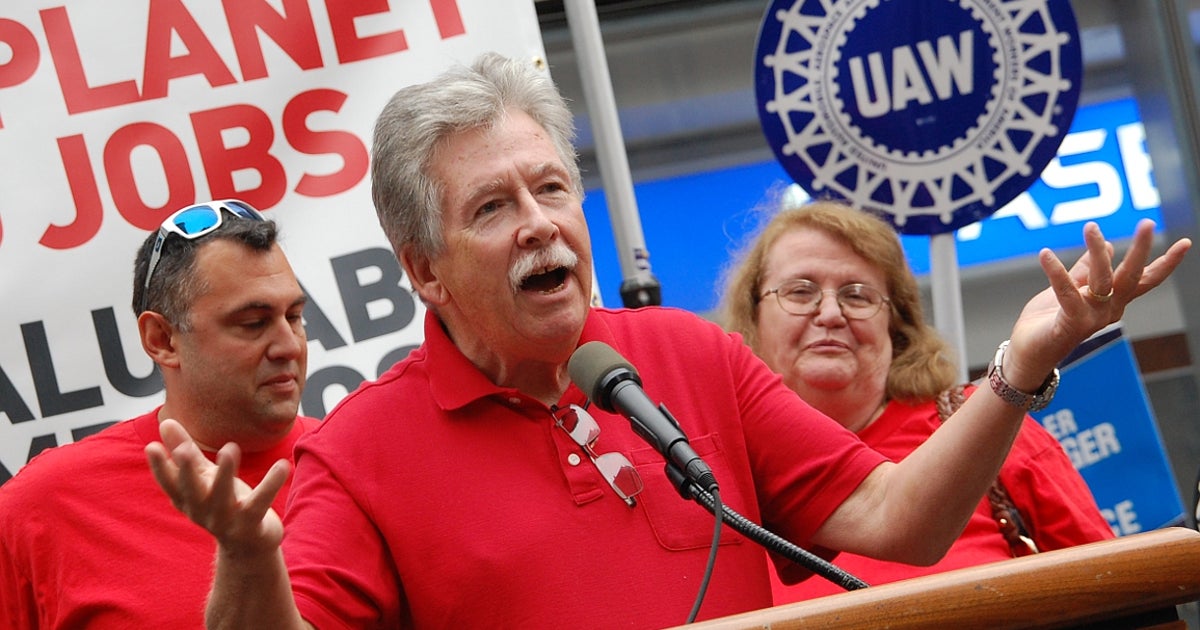Communications Workers of America president Chris Shelton has urged the European Commission to approve the proposed acquisition of Activision Blizzard by Microsoft, saying it could positively influence the labour market.
Shelton’s statement comes as Microsoft is attending a closed hearing with the European Commission in Brussels today. In a letter to the European Commission’s executive vice president Margrethe Vestager, Shelton pointed to the several issues workers have encountered over the past couple of years, trying to unionise at Activision Blizzard.
“Since 2021, CWA has been supporting workers at Activision Blizzard to organise a union,” the letter read. “They have faced management intransigence at every turn.”
The CWA filed a complaint at the National Labor Relations Board back in September 2021, accusing Activision Blizzard of union busting. New allegations also emerged in August 2022, with the CWA saying that Activision Blizzard was illegally surveilling employees while protesting and preventing them from discussing labour issues.
The CWA initially had concerns about Microsoft’s proposed acquisition of Activision due to its “potential for increased employer power over workers that could worsen labour monopsony,” Shelton explained. However, Microsoft and the CWA entered a labour neutrality agreement in June 2022, which would provide Activision Blizzard’s employees with a safe path to unionisation if the merger is approved.
“Microsoft’s binding commitments will give employees a seat at the table and ensure that the acquisition of Activision Blizzard benefits the company’s workers and the broader video game labour market,” Shelton continued.
“The European Commission has an opportunity in this case to take seriously the impact of a
major transaction on the video game labour market. Given the clear pathway to enforceable
behavioural remedies for potential consumer harms articulated by the European Commission and other regulators, we hope you will approve this merger and help make history in rebalancing power in labour markets.”


